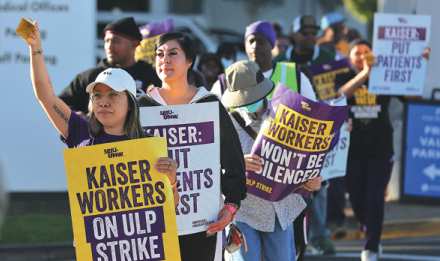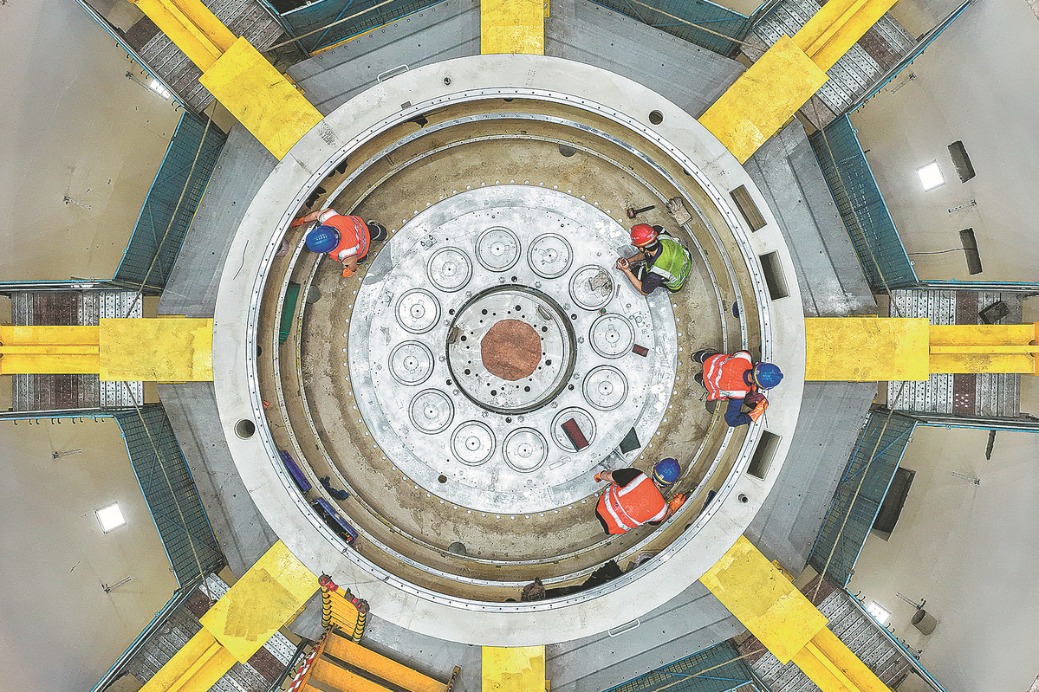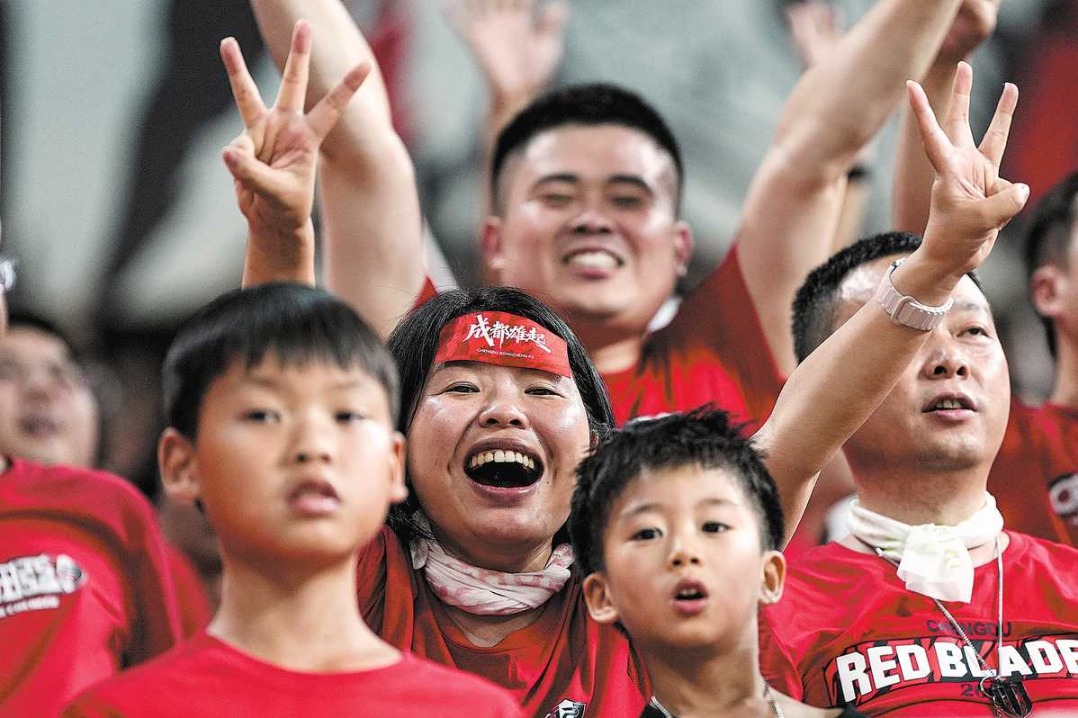Auto plants stay idle as strike hits 4th week

CHICAGO — The president of the United Auto Workers and other labor leaders headlined a rally in Chicago on Saturday to maintain union members' support for a strike against Detroit automakers that is now in its fourth week.
UAW President Shawn Fain portrayed the strike as a pivotal moment for organized labor and part of a war pitting working people against "the billionaire class and corporate greed".
Fain provided no new details on negotiations or whether talks continued on Saturday. A spokesman for General Motors said talks were continuing but without news to report. A spokeswoman for Stellantis said there was nothing to update on Saturday. Ford did not immediately reply to a request for comment.
The union claimed a breakthrough on Friday, when GM agreed to put workers at new electric vehicle battery plants under the UAW's national contract. On Friday night, Ford repeated its previous statement that the plants have not even been built, and when they are, workers will decide whether to join the union.
This year there has been a record of labor activities in the United States, as the number of workers involved in strikes has reached at least 411,000, the highest since 2019, recent figures show.
Workers have walked out of various industries such as automobile, healthcare, entertainment, hotel and airlines. This year's strikes also lasted longer than those in recent history, according to data from the Bureau of Labor Statistics and Cornell University's Labor Action Tracker.
More than 75,000 healthcare workers remained on the picket lines across the US on Friday, marking the industry's biggest strike in history.
Beginning on Wednesday, the strike has entered its final day, but union leaders and their employer, the California-based nonprofit healthcare organization Kaiser Permanente, have not reached an agreement on wages and a solution to staffing shortages.
The rise in organized labor movements is partly because of the tight labor market and inflation, analysts said.
Recent low unemployment rates have increased worker leverage, as many employers scrambled to compete for workers amid increasing resignations and early retirements.
Elevated inflation has also significantly eroded the buying power of salaries. Although workers' pay has increased, the income of most US people has not grown as much as rent and grocery costs.
Xinhua - Agencies

Today's Top News
- Xi leaves Xizang after attending region's 60th founding anniversary celebrations
- Xi attends grand gathering to celebrate Xizang autonomous region's 60th founding anniversary
- V-Day parade to unveil advanced weapons
- Intertwined economies, diverging systems
- PV industry gets ready for next phase
- Xi: Build a united, prosperous new Xizang






























